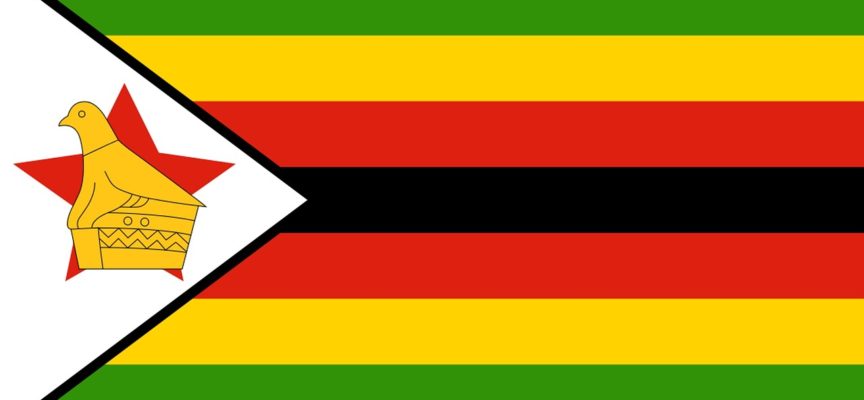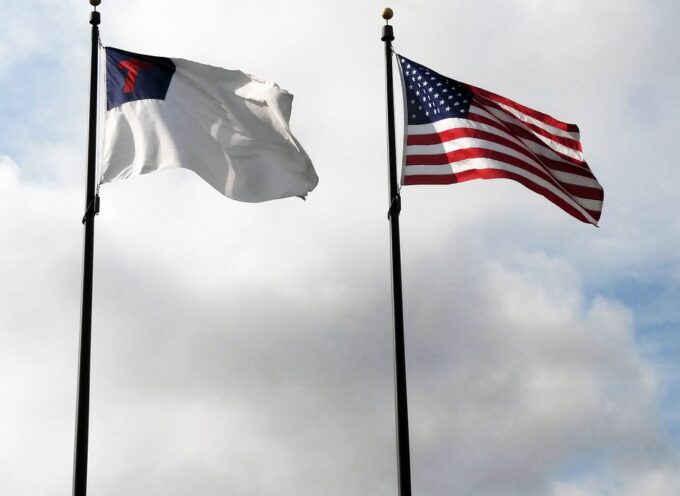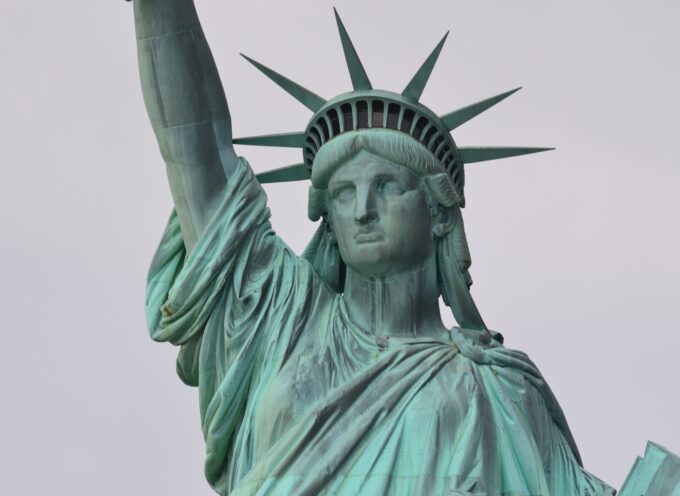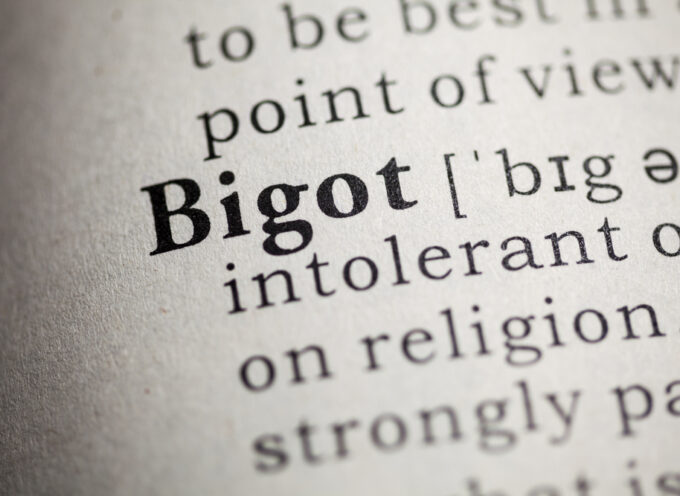Today, Zimbabwe’s governing party moved to oust Robert Mugabe as its leader, four days after the military arrested him on charges of corruption and effectively ended his authoritarian rule of nearly four decades.
Although the Trump administration has taken a largely “hands-off” approach to Zimbabwe, President Trump now has the opportunity to exhibit leadership by denouncing Mugabe’s authoritarian regime and calling on Zimbabwe’s military and political leaders to establish a government characterized by the rule of law and respect for human rights.
Why should the American President put Zimbabwe at the forefront of his agenda?
For two reasons.
First, Mugabe’s regime represents one of the most brutal authoritarian regimes in modern history. Although he began his rule as a responsible revolutionary, he morphed into cruel dictator who was willing to slaughter his own people, including friends and associates.
Martin Meredith, renowned historian of Africa, tells the story in his Mugabe: Power, Plunder, and the Struggle for Zimbabwe’s Future.
In Mugabe’s first television appearances after winning the election, he seemed to be a model of moderation and stability. However, he became increasingly obsessed with power and total control: “Mugabe’s ultimate objective, Meredith writes, “was to destroy all opposition to his regime. Determined to remain in power, he used all the resources of the government to attack his opponents, sanctioning murder, torture, and lawlessness of every kind.” He was surrounded by syncophants and therefore knew few restraints. He attacked not only Zimbabwe’s whites (who he claimed were causing the downfall of the country) but also members of his own tribe, including even his lieutenants and former friends.
One of the best examples of his brutality was the formation of the “5th Brigade,” a police force trained by the North Koreans and commissioned to bring terror upon his rivals. The 5th Brigade killed more than 10,000 civilians in addition to arresting, detaining, and torturing thousands of others. One of its enforcers, Chiyangwa, was filmed by a television crew giving the following instructions: “If you get hold of MDC supporters, beat them until they are dead. Burn their farms and their workers’ houses, then run away fast and we will blame the burning of the workers’ houses on the white. Report to the police, because they are ours.”
Mugabe was so proud of his record that, in 2000, he boasted of having a “degree in violence.” “We will kill those snakes among us, we will smash them completely,” Mugabe declared. “No matter what force you have, this is my territory and that which is mine I cling [to] unto death.”
Mugabe also ushered in an era of unprecedented corruption. Meredith writes, “Whatever good intentions he started out with—plans for improved education and health facilities—soon diminished in importance. For all his talk of striving for socialism, Mugabe never displayed much concern for the welfare of common people. The main beneficiaries of independence, all too clearly, were [his governing party’s] ruling elite.” Thus, in spite of his initial promise of a better life for ordinary citizens, those citizens were much worse off during his reign than in the colonial days that preceded.
Mugabe’s rule has been marked by a widening gap between the rich (Mugabe’s party elite and cronies) and the poor (the rest of the country), a failure to manage the public sector, and the battering of any opposition. “The cost of this strategy,” writes Meredith, “has been enormous. Zimbabwe has been reduced to a bankrupt and impoverished state, threatened by economic collapse and catastrophic food shortages.”
Second, Mugabe’s ouster in no way ensures that Zimbabwe’s situation will improve
As the New York Times reported Thursday, Emmerson Mnangagwa is among the leading contenders to replace Mugabe. Mnangagwa, former intelligence chief and vice-president of Zimbabwe, is a strongman known as “The Crocodile” for his ability to “strike at the appropriate time.”
Zimbabwe now faces a crossroads. Will Mugabe’s deposition set the stage for a new era in which Zimbabwe’s leaders respect human rights? Or will the successor government perpetuate the era of authoritarian rule and human rights violations generated by Mugabe?
America should use every diplomatic and economic tool at its disposal to help influence the outcome. A Zimbabwe government that respects human rights and the rule of law is good for Zimbabwe and good for the world.
For this reason, President Trump should capitalize on this crucial opportunity. He should use every diplomatic and economic means at his disposal to influence Zimbabwe’s military and political leaders hold establish order, hold free elections, and construct a new political arrangement that ensures individual liberties and secures human rights.
In doing so, President has the opportunity not only to help the citizens of Zimbabwe who have suffered far too long at the hands of a brutal dictator, but also to make a clear statement about America’s continued commitment to moral leadership in the face of immoral regimes.
Subscribe
Never miss a post! Have all new posts delivered straight to your inbox.







